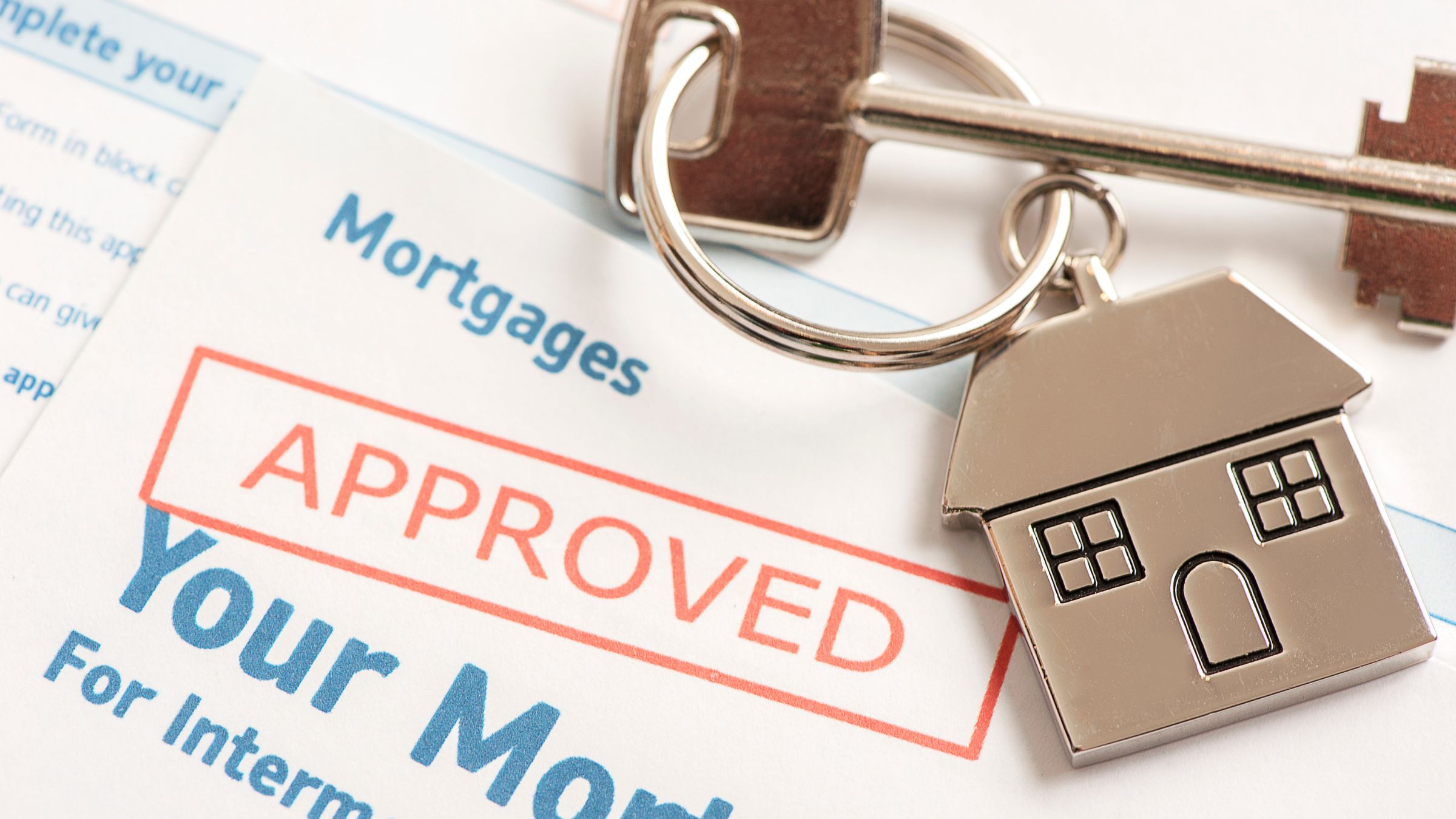Property Investment 101: The Pros & Cons of Investing in Real Estate

For anyone who has played Monopoly, property investment can appear to be quite a compelling way to invest your money for a good, passive return of revenue. In theory, it essentially boils down to the same premise of the game, too—you buy properties, generate rent, buy more properties, and avoid overindulging and falling into bankruptcy. However, the reality of real estate investing isn’t quite as simple as that (especially considering the money you’d be investing is far more valuable than Monopoly money).
While the overall goal in both the game and real life is to put in your own money today to earn a return later on, there are some pros and cons to make note of before jumping in.
The Pros of Property Investment
Of course, the immediate draw to property investment can easily be understood when considering the benefits the opportunity offers.
Less Risk Than Investing in the Stock Market
When initially considering investing, the first thought for many is often the stock market. While shrouded in the element of mystery, it still seems to be talked about more frequently in our everyday lives. However, as we recently saw with the impact of the COVID-19 pandemic, it can also be incredibly volatile, turning on its head seemingly overnight, with the potential to decimate investments in just minutes. It also has the potential to do the same in the inverse, though, with increases possible with the same quick turnaround; making room for the intrigue not dissimilar to gambling.
Property investment, on the other hand, offers a similar promise of an easy return on investment that is more stable. With the housing market staying steady over long periods of time, property investors don’t have to worry about the possibility of an overnight crash eliminating all their hard work. Instead, they can enjoy a consistent return that can be more easily managed in the off time.

Great Passive Cash Flow
The consistent cash flow that property investment offers is another incredible benefit, especially when paired with the added benefit of passivity. Those who invest in real estate can enjoy a monthly (or more or less frequent, depending on collection) return in the form of rent collection, with (hopefully) little work along the way.
Tax Deductions
By investing in real estate, another added benefit you can enjoy is deducting some of the expenses you incur in managing your portfolio on your taxes. These deductions can include mortgage interest, depreciation of property value, property taxes, and more! Just be sure to keep a clear record of your receipts along the way to discover even more possible deductions.
Long-Term Appreciation
Over time, most real estate will see a gradual appreciation of value, especially if you do any upgrading along the way to improve the property. This means that the longer you keep the property, the greater a return you could see when you decide it’s time to liquidate.
The Cons of Property Investment
While the pros of real estate investing can be quite compelling, it’s also important to weigh them against the cons first.
Slower Return of Investment
It is true that investing in real estate is not as risky as investing in the stock market, but that also means that it doesn’t have as aggressive of a growth potential. As quickly as stocks can decline, they can also increase in value just as abruptly. In the housing market, however, growths and, rarely, declines happen at a much slower rate.

Higher Initial Startup Cost
Where many stocks can be purchased at rates that can be affordable to almost anyone with some cash to spare, investing in real estate involves a much higher initial startup cost. From the down payment to the closing costs, as well as any renovations and maintenance that will need to be done, to even begin thinking about building your real estate portfolio, you will need to have quite a bit of cash to spare before you can expect to start accruing revenue.
Poor Liquidity of Assets
If cash is needed immediately, stocks can be liquidated quite quickly and easily. However, “cashing out” on your real estate investment is not quite as simple. To ever truly liquidate your real estate assets, you will need to sell your investment property, which, depending on the current real estate market conditions, could be a long and arduous process before you will see any cash flow.
Managing Tenancy
Many landlords will rave about their excellent tenants that always pay on time and very rarely complain, but as you’ll likely have heard from others, this isn’t always the case. Tenants, as well as the properties they live in, can often be in need of a lot of maintenance—from rent collection to dealing with property issues. If you have the time to spare, this can be done by yourself or you can hire a property management company to do the work for you. Keep in mind, though, the added cost that would incur.
After weighing the pros and cons, if investing in real estate still seems like the winning route for your journey to financial success, feel free to start your search with confidence. However, if you find yourself still questioning whether the positives outweigh the negatives, feel free to contact me today to discuss your options further!

 Facebook
Facebook
 X
X
 Pinterest
Pinterest
 Copy Link
Copy Link






